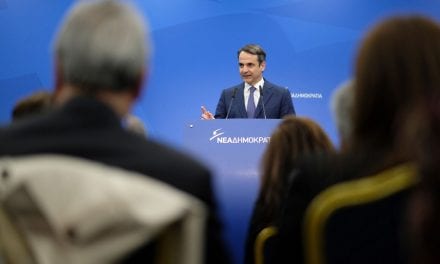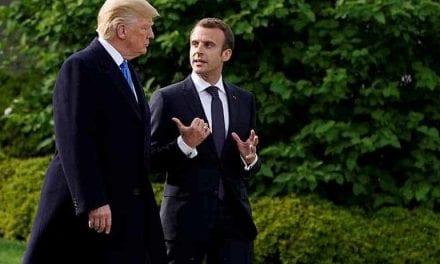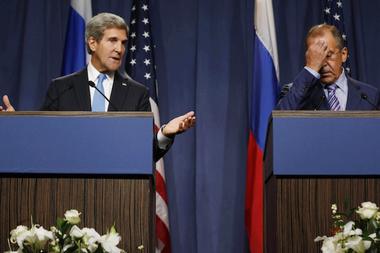By Ahval
Russia’s ambitious foreign policy in the Mediterranean region revolves around engagement with Turkey, U.S. Defence Intelligence Agency Director Lt. Gen. Robert Ashley reported to the U.S. Senate in a worldwide threat assessment on Tuesday.
According to Ashley, Russia’s foreign policy is driven by the wish to increase its defensive capacity against the United States, which it views as its primary threat, and by a desire to expand its military capabilities and influence to gain recognition as a great power.
Its military operations in Ukraine, where Russia intervened after the fall of President Viktor Yanukovych, and Syria, where Russian forces have helped support President Bashar al-Assad against rebels, have “boosted the Kremlin’s confidence in its military and increased Moscow’s geopolitical profile,” said Ashley.
As the Syrian conflict winds down, “Russia is seeking a political settlement to the conflict that will allow it to reduce its direct combat role and preserve Syria as its military and geopolitical stronghold in the Middle East,” according to the general.
With its influence already on the rise in the region thanks to its Syrian foray, Moscow hopes to augment its gains through a strategy that centres on Turkey, exploiting the deepening fissures between Ankara and its NATO allies, according to Ashley.
“Russia’s engagement with the Turkish government of President Erdogan, military sales to Turkey, and deepening interest in and involvement with Egypt and Libya illustrate Russia’s strategic objective to strengthen its ability to project power into the Mediterranean and along NATO’s southern flank, expand its influence in the region, and exacerbate existing friction in NATO.”
U.S. officials have expressed their discomfort at Turkey’s deal with Russia to buy S-400 missile defence systems, which could have serious implications related to its interoperability with NATO member Turkey’s existing defence systems.
Serious tensions have risen between Turkey and other NATO members due to Turkey’s aggressive policy of “hostage diplomacy,” using captive foreign nationals to try to extract deals from countries including its NATO allies the United States and Germany.
Turkish-U.S. relations have also seriously suffered due to Turkey’s military operation against Kurdish groups in northwest Syria. Turkey considers these groups, chiefly the People’s Protection Units (YPG) as terrorists, while the United States views them as important allies in Syria.



















